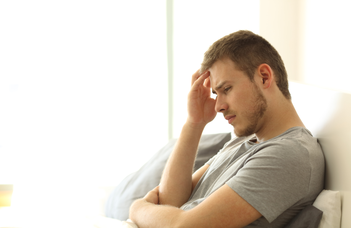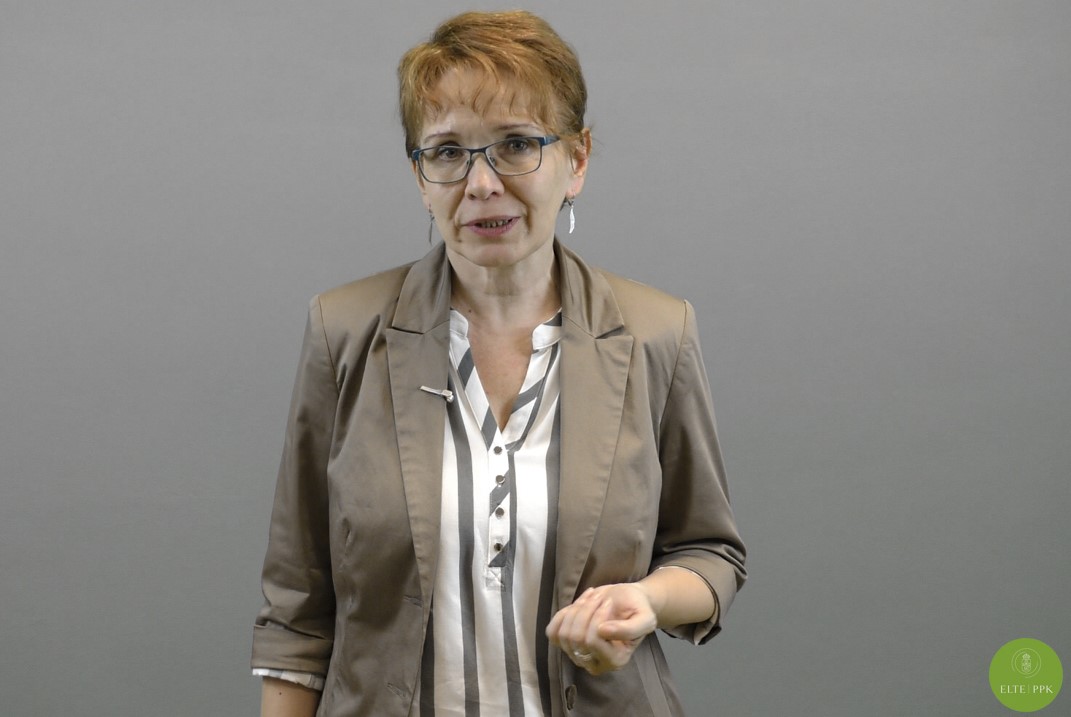Abortion through male eyes

In her doctoral dissertation, she examined the psychosocial conditions of induced abortion, and her research has since become a key research topic.
From a psychological standpoint, there has been very little study on abortion, as shown by the fact that our data is four years old, yet I am unaware of any additional research since then. And, even at the worldwide level, there is little data on the male aspect. This is a challenging subject to generalize since each socio-cultural situation is unique. Ours is a huge sample research with 1700 participants that consists of three different surveys.
It deals in detail with the so-called with abortion attitudes. What do these mean?
We investigated the factors that influence people's attitudes toward abortion. According to the findings, the most important factors are religiousness, the number of children and planned children, and the amount to which individuals regard having a kid to be a priority in their own life.
However, it is very important,
that abortion cannot be discussed in general, there are only individual abortions!
Abortion of a 15-year-old girl or a mother of four in her forties is a different problem that necessitates a different strategy. This was also the finding of our study: we are more tolerant in unsafe situations, such as when one of the parents is ill, underage, or the mother is homeless. We are less tolerant when someone chooses to undergo surgery because, for example, having a kid might interfere with their education.
According to the current understanding of psychology, everyone can be placed somewhere on a continuum, at one end of which there is an emphasis on moral reasons - life begins at conception, the rights of the fetus must be protected, only God can decide on matters of life and death - and at the other end is self-determination, the there is an emphasis on women's rights. But today we also know that even if someone is somewhere on this scale, it is not yet certain that they will make a judgment accordingly in every single case.

The research also looked at the psychological consequences of abortion.
One of the most enlightening aspects of my study was speaking with women who had abortions in the past. It turns out that the ability to cope with this trauma varies greatly depending on why the abortion was performed. Underage women and those who wanted the abortion because they were in an unstable relationship were more at risk. It was also shown that women do better when they have autonomy over the choices they make, complete access to relevant information, and the support of a reliable and understanding partner.
This is where the importance of the male perspective comes in.
On the one hand, the male partner's support is critical for women to deal psychologically with this tough decision. On the other hand, since he also loses his kid, the man has a right to participate in this. When we consider that the most frequently reported reason for abortions is financial condition, and that the man as the breadwinner has to cope with the fact that they cannot have a child due to financial reasons, we can easily see their point of view. It is a major issue if we do not discuss it because
these men will not know that this is a normal feeling and could ask for help.
What options do fathers currently have? How many of them attend, for example, the mandatory information sessions before the abortion or accompany their partner to the procedure?
According to the custodians, very few people go to the CSVSZ (Family Protection Service) for advice, they prefer to wait outside for their partner, which is a pity, because the man also needs information to make a decision, and it is not certain that a man would ask the same questions as a woman. However, even where the pregnancy occurred from a casual relationship, 60 percent of women consult with their partner. Unfortunately, there is no tradition of this, there are no campaigns to enlighten men. In Great Britain, for example, the MenToo movement took place a few years ago, which aimed to educate men.
I often hear the counter-argument that males are the aggressors, the ones whose will prevails in this circumstance. One of the reasons for introducing the Heartbeat Bill was to encourage women to maintain the foetuses that males desire to abort. Of certainly, such cases exist, but generalizing is a mistake. Seeing the sexes as competing parties in this scenario deprives women (and men) of the mere option of receiving assistance from their partners.
What happens in cases where a woman chooses to abort despite her partner wanting to keep the child?
It's an incredibly emotional burden for the man, but fortunately it's a relatively rare situation. The media, on the other hand, almost always present only this side of the story from the male perspective.
As you mentioned, preventive information plays an important role in trauma processing. Where are we in this respect?
Part of it will be given to those concerned at the CSVSZ consultation, however I am really disappointed that the information sheet does not mention that you should contact a psychologist if you have specific symptoms.
As far as the media is concerned, only "pain" and "stigmatization" appear as keywords; the news reports do not talk about where to ask for help. We are very far from having balanced information, so it is very difficult to make a responsible decision.
It is also not shown that, according to KSH data, abortion is most common in Hungary today in the 20–24 age group, nor that the number of abortions is extremely high among women in extreme poverty and among women with low levels of education: there is an eleven-fold difference between women who have not completed eight years of secondary school and those with a degree.
What is your solution?
The main issue is that contraception is not evenly accessible to all social groups. Every year, the European Parliament's Forum on Sexual and Reproductive Rights publishes a contraceptive atlas, which ranks institutional communication, family protection counseling, and contraceptive availability.
Women who are already in a difficult situation, in my opinion, should not be penalized; rather, access to contraception, psychoeducation, and extra attention should be paid to the most vulnerable groups, which are young women with low education levels, a poor financial situation, and who live in small towns.
Who can they ask for help?
Every county hospital has a psychiatric care unit operated by a psychologist who is paid by social security. There are also health promotion offices across the country where patients can be examined for free. However, they are useless if someone has difficulty traveling from a small town to, say, Miskolc, or if there is a lengthy waiting list, but life does not stop until someone receives assistance. In an emergency, people may call the helpline (116-123).
Does the psychologist have the right knowledge to deal with women and men traumatised by abortion? Is this taught at university?
Students at ELTE have access to all of the information they need. We work with current research to provide students with new data and connections. We also cover this issue in the Master's program, which can be taken in both Szombathely and Budapest and has a focus on clinical and health psychology. We can assist you if you wish to study reproductive health psychology individually. You can even participate in research.

